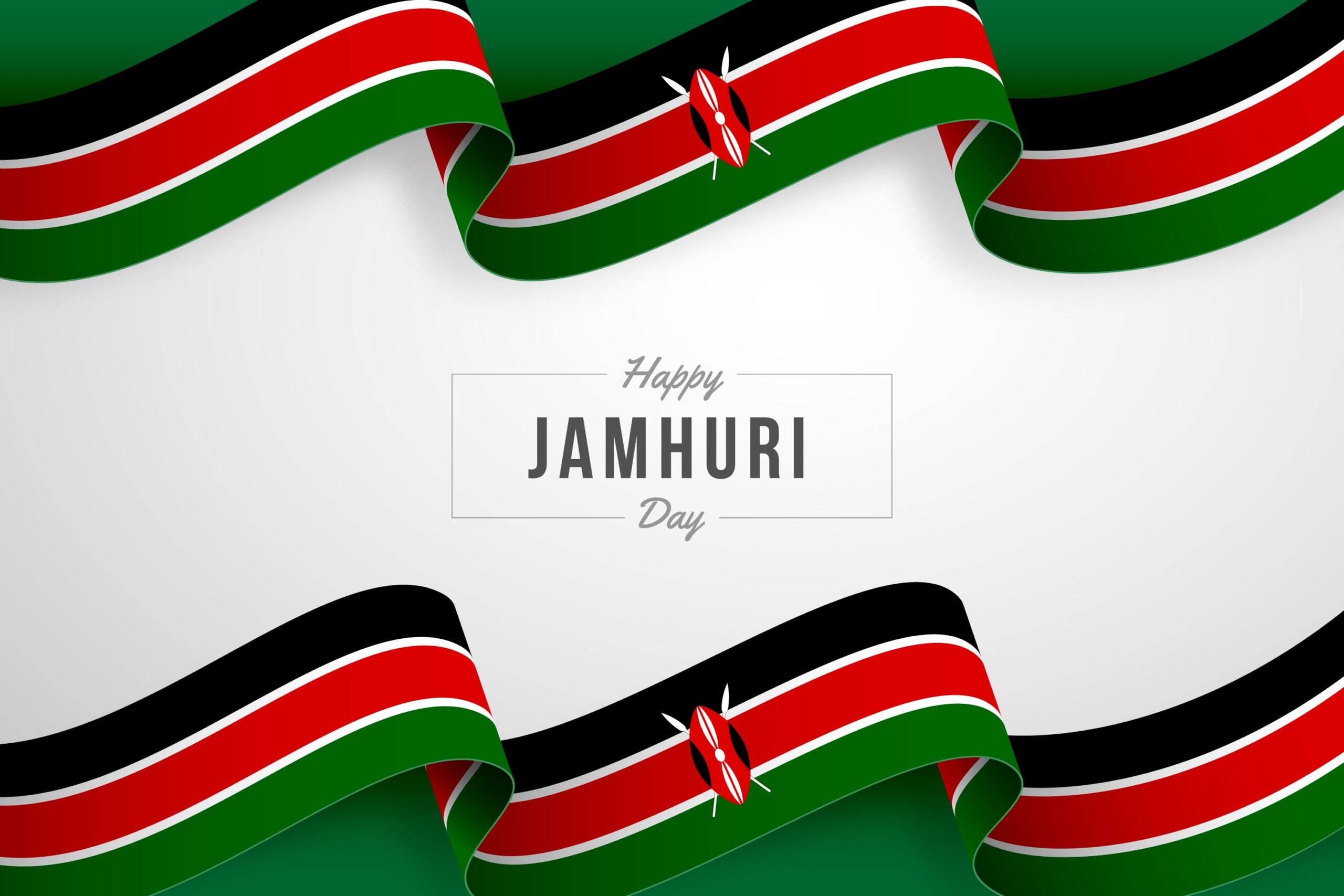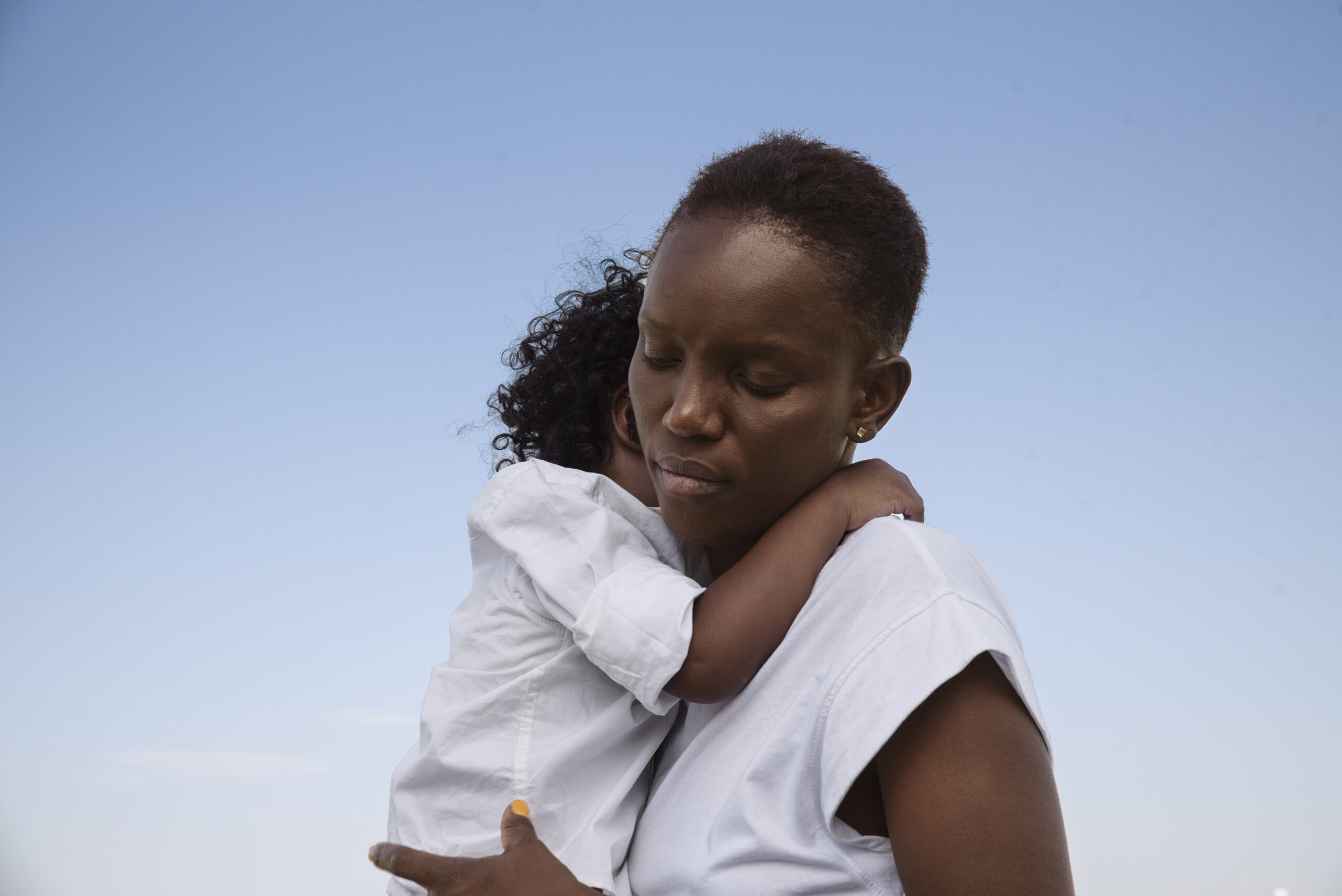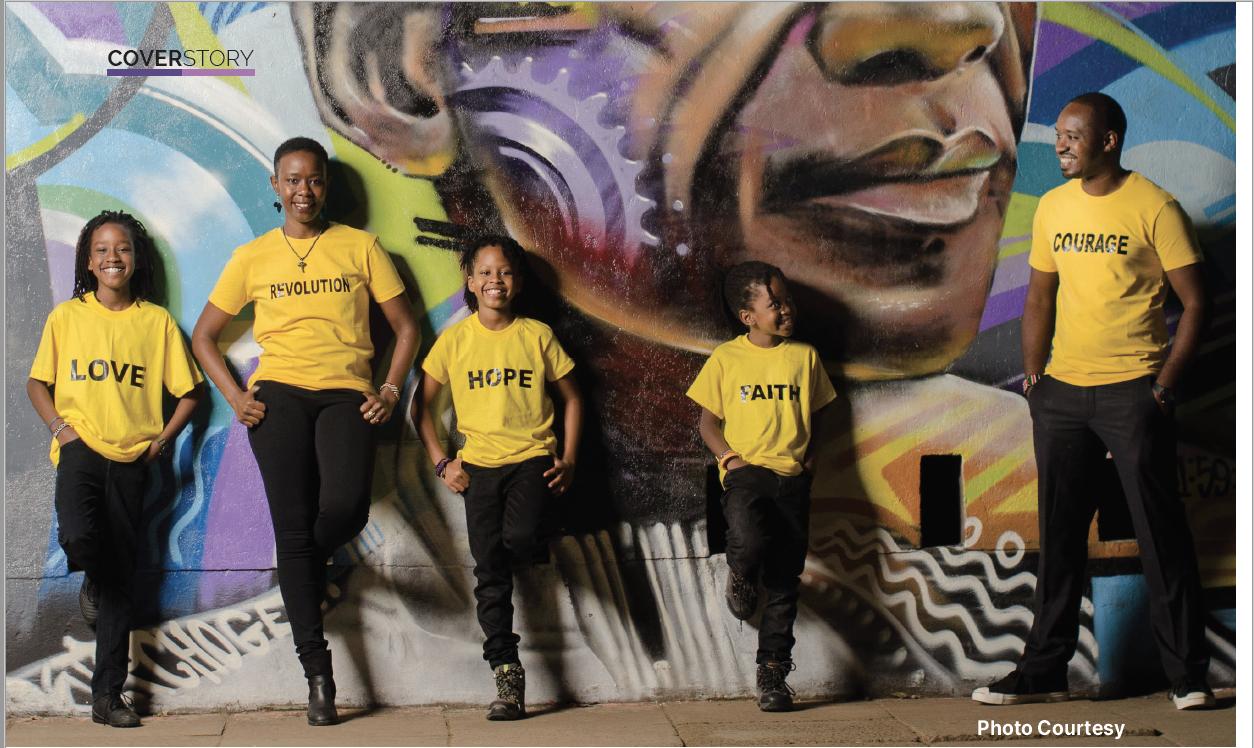Dear Gentle Reader: Here Are 10 African Books You Should Read In 2025

If you’re looking to expand your literary horizons in 2025, there’s no better place to start than with the diverse and dynamic voices of African authors. Whether you’re drawn to contemporary stories, historical narratives, or thought-provoking themes, these books offer a glimpse into the rich tapestry of African culture, history, and imagination.
Here’s a list of ten must-read African books that promise to engage, entertain, and enlighten this year.
1. “The Girl with the Louding Voice” by Abi Daré (Nigeria)
Abi Daré’s debut novel is a powerful, inspiring story of a young Nigerian girl named Adunni, whose ambition and courage shine through despite the hardships of living in a patriarchal society. Adunni’s voice is her most powerful tool as she strives for education and freedom in a world that often tries to silence her. This is a poignant and uplifting read for anyone looking for a tale of perseverance and hope.
2. “A Man of Good Fortune” by Rachel Mwikali (Kenya)
Set in Kenya, Rachel Mwikali’s novel explores themes of love, identity, and the search for purpose. The story of two individuals who find their lives intertwined through destiny is a compelling reminder of the importance of love and forgiveness. The author’s graceful prose captures the essence of modern Kenyan life while still drawing on the cultural and spiritual traditions that shape the nation.
3. “The Shadow King” by Maaza Mengiste (Ethiopia)
A finalist for the Booker Prize, The Shadow King takes readers back to the 1935 Italian invasion of Ethiopia. Maaza Mengiste masterfully combines historical fiction with rich character development, exploring the role of women in wartime resistance and the complexities of leadership. It’s a gripping and vivid portrayal of bravery and survival during a turbulent period in African history.
4. “Things Fall Apart” by Chinua Achebe (Nigeria)
No list of African literature is complete without this timeless classic. Achebe’s seminal work continues to resonate across generations. Things Fall Apart tells the tragic story of Okonkwo, an Igbo man whose life is disrupted by the arrival of colonialism and Christian missionaries. The novel’s exploration of cultural clashes, identity, and the consequences of change makes it an essential read for anyone interested in African history.
5. “The Book of Memory” by Petina Gappah (Zimbabwe)
In this evocative and gripping novel, Petina Gappah weaves a tale about memory, identity, and redemption. Set in Zimbabwe, the book follows Memory, a woman who is imprisoned for the murder of her father. As she reflects on her past, The Book of Memory raises questions about guilt, love, and the ways we remember our lives. Gappah’s sharp storytelling and insightful character study make this a must-read.
6. “Homegoing” by Yaa Gyasi (Ghana)
A multi-generational saga, Homegoing traces the descendants of two half-sisters—Effia and Esi—one married off to a British slaver and the other sold into slavery. Spanning over 300 years, this novel explores the impact of the transatlantic slave trade on families and the African diaspora. Yaa Gyasi’s compelling narrative is rich with historical detail and emotional depth, making it a profound exploration of family, identity, and history.
7. “Americanah” by Chimamanda Ngozi Adichie (Nigeria)
Chimamanda Ngozi Adichie’s Americanah is an insightful exploration of race, immigration, and the search for belonging in a globalized world. The novel follows the journey of Ifemelu, a Nigerian woman who moves to America for her education and finds herself navigating complex questions of race and identity. Adichie’s sharp wit and her insightful observations make this an important read for anyone seeking to understand the intersection of race, culture, and identity.
8. “Petals of Blood” by Ngũgĩ wa Thiong’o (Kenya)
This iconic Kenyan novel tackles themes of post-colonialism, social justice, and the effects of political corruption. Petals of Blood takes place in the context of Kenya’s independence, exploring how the promises of freedom have been distorted by greed and exploitation. With its deep political and social critique, it is both a challenging and rewarding read for those interested in African history and its complex struggles.
9. “No Violet Bulawayo’s We Need New Names” (Zimbabwe)
This debut novel by Zimbabwean author No Violet Bulawayo is a tale of immigration, displacement, and the search for belonging. The story follows Darling, a young girl who leaves Zimbabwe for the United States, but struggles to reconcile her past with her new life. The book offers a poignant commentary on identity, exile, and the complexities of the immigrant experience.
10. “Born a Crime: Stories from a South African Childhood” by Trevor Noah (South Africa)
Trevor Noah’s memoir is a humorous yet profound reflection on his childhood during apartheid South Africa. Through sharp wit and compelling storytelling, Noah recounts the challenges of growing up in a racially divided country, and his personal experience as the son of a black mother and a white father. Born a Crime is both an exploration of South Africa’s turbulent history and a testament to resilience and laughter in the face of adversity.
Whether you’re exploring contemporary African stories or revisiting classic works, these titles provide a rich and engaging reading experience that is sure to expand your perspective this year. Happy reading!







